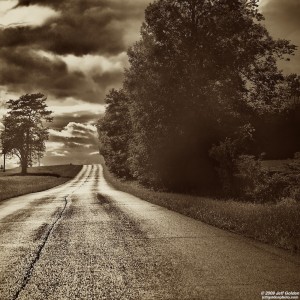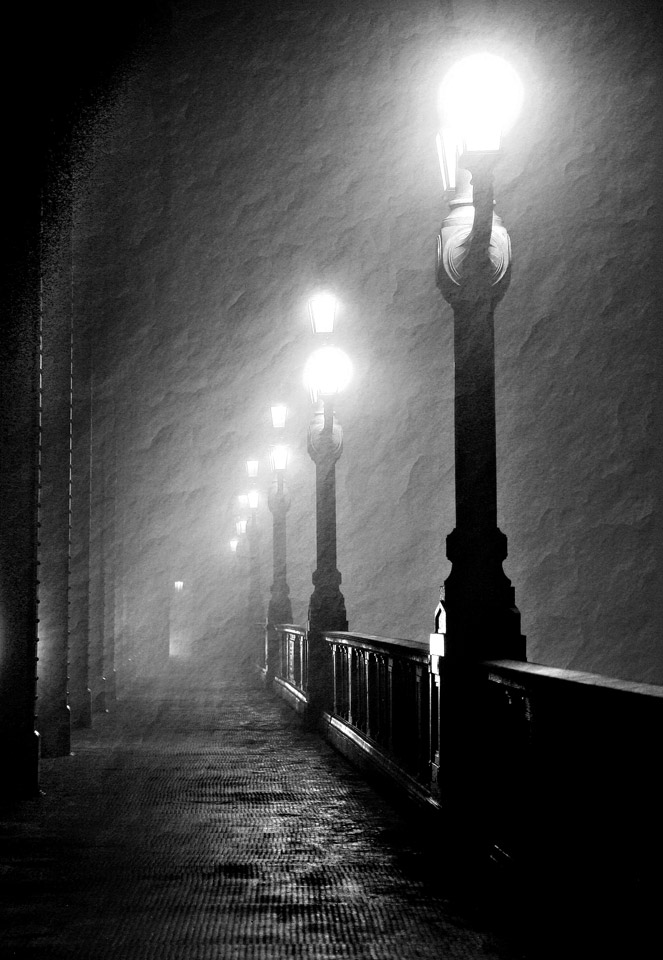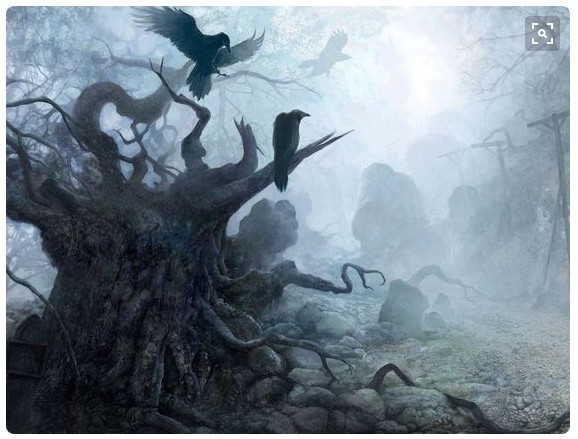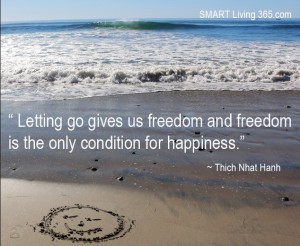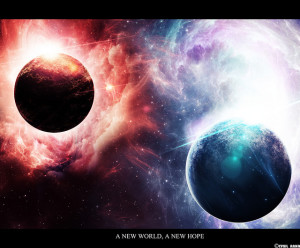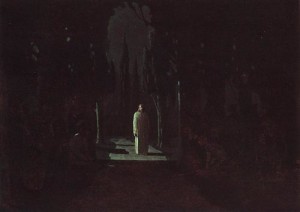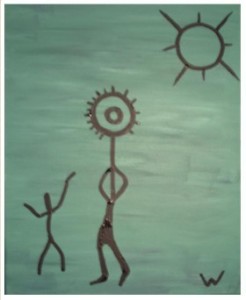We hear and read the idea often, that letting go of the past is good for us. It is true. We know how thoughts of what was and what used to be can trap us and steal us away from the life we are living now. Most of the time we assume this refers to negative experiences in our past, for they can consume our thoughts far too much. Shaking off the effects of bad memories that include betrayals and emotional trauma is essential for us to feel good about ourselves. There are libraries of books on this one subject. It is a human experience, this matter of finding a way out of whatever has given us pain, grief, and sadness.
An entire industry of self-improvement and personal development has emerged since the late eighties and flourishes now. It has transformed our perspective about what can be done to make life more authentic and to help us get back our own power, which we very often give away by focusing on negative memories and feelings. I mention this is my post on The Vampire Effect of Negative Emotions. The people involved in this industry have, without exception, emerged out of immense personal crisis with revelations about how it can be done more easily, and they give away many free seminars, webinars, and tools to help others do this, too. You can visit some of these people at these links: Margaret Lynch, Nick Ortner, Louise Hay, the late Wayne Dyer, Mary Morrissey, Pema Chodron, Ilchi Lee, Andrew Harvey, Arianna Huffington, Dr. Hew Len, Eckhart Tolle, Rikka Zimmerman, Jeff Gignac, Marianne Williamson, and Derek Rydall. And there is the one-man powerhouse of personal development and change–Tony Robbins.
What comes across in reading and listening to these leaders are two things especially: one, they each came out of a past experience that was either life-threatening in some way or so debilitating that they could readily and willingly have succumbed to defeat. They didn’t. They found a way not only to survive, but to thrive. Then they paid it forward, developing methods and programs others could use and benefit from by engaging in life in the present moment. In every case, that is the core of their philosophy and teaching: letting go of the effect and influence and far too heavy weight of the past on our minds and hearts–the things that prevent us from living our true life purpose and destiny.
What makes this matter most of all, though, is that each of these leaders offer not a solution they possess for other people, but a way for others to find the answers within themselves. The best of these leaders see themselves as facilitators and guides, but insist that the way to true and positive release from the past is something the rest of us already know, deep inside. We already have the solutions to our problems and fears, so often derived from past memories and experiences. We already have the ability to let go of the past, to experience revelations for ourselves, to trust what lies within us for the answers. These leaders and movers and shakers in this industry–the good ones–can be identified by this fact: they do not have the answers for us–they have the methods they have developed to help us find the answers for ourselves, even if we have blocked this before because of our inability to let go of a past we have held too close.
Doing that is how we get to live our life NOW.

